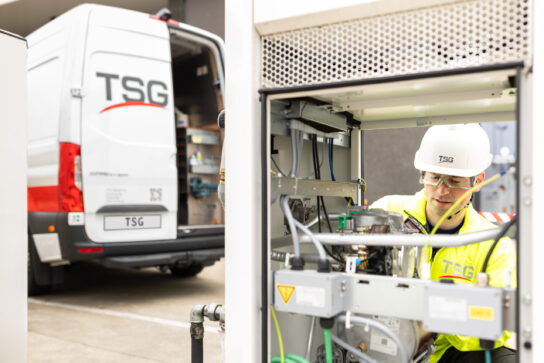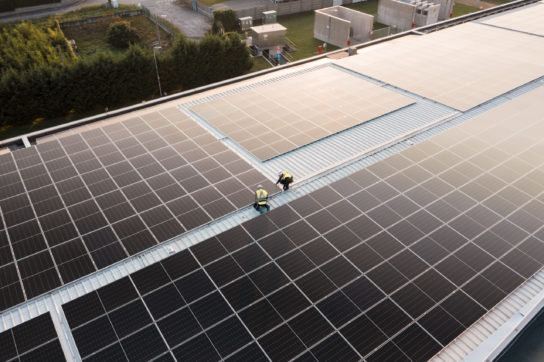Traditional forecourts have long been a familiar fixture of the UK’s urban landscapes and motorways, and they are set to play a significant role in supporting the move to a greener future.
The transport sector is shifting, moving away from a petrol and diesel-dominated market segment and looking toward cleaner sources of energy, such as electricity, liquid natural gas (LNG), compressed natural gas (CNG), biofuels and hydrogen.
The key consumer trends of today regarding commuting, eating and shopping are the primary influencers that will ultimately shape the forecourt of tomorrow.
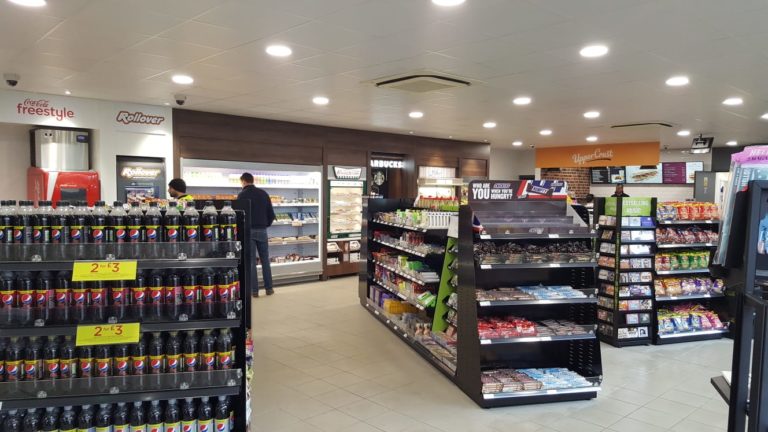
More choice on the forecourt is pivotal to success
The modern world is fast-paced; time is of the essence for busy commuters who demand convenience shopping, greater choice, efficiency, competitive pricing and an eco-friendly retail approach. Climate change and environmental concerns are impacting consumer shopping habits, prompting the purchase of healthier food alternatives in recyclable packaging, as they adopt a greener lifestyle. In response, retailers are publicly committing to a more conscious use of energy and resources by choosing natural materials for the store layout, such as wood, cardboard or bamboo, advocating minimalism and sustainability.

Additionally, more people are working outside formal office settings, either at home or travelling between customers and business associates, taking advantage of energy retail sites with cafes or rest areas and free Wi-Fi for higher efficiency.
Consumers will choose one retailer over another based on whereabouts, price or the availability of specific services. Whilst location will always remain a key factor in the decision, the presence of diverse convenient services is becoming more important as a differentiator.
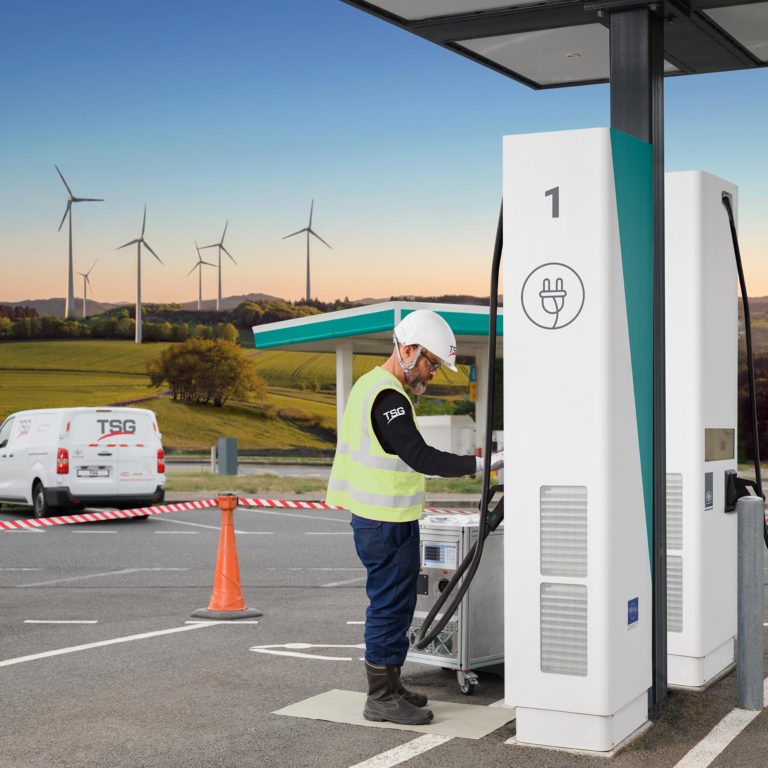
Diversification on the forecourt
Forecourts of the future will have to offer a wider range of energy sources (electricity, natural gas, petrol, diesel, biofuels and hydrogen). This may require adapting the layout of the premises to accommodate more fuel storage tanks, charging points, dispensers, additional parking places, etc., and devising intelligent strategies to provide a seamless refuelling process for the drivers of a variety of engine/energy types.
Forecourts have evolved from fuel-exclusive businesses to mini supermarkets or convenience stores where consumers can buy snacks or even complete a full shop. The forecourt store of the future needs to cater to a wider audience, whilst expanding its energy offering to meet environmentally conscious motorists.
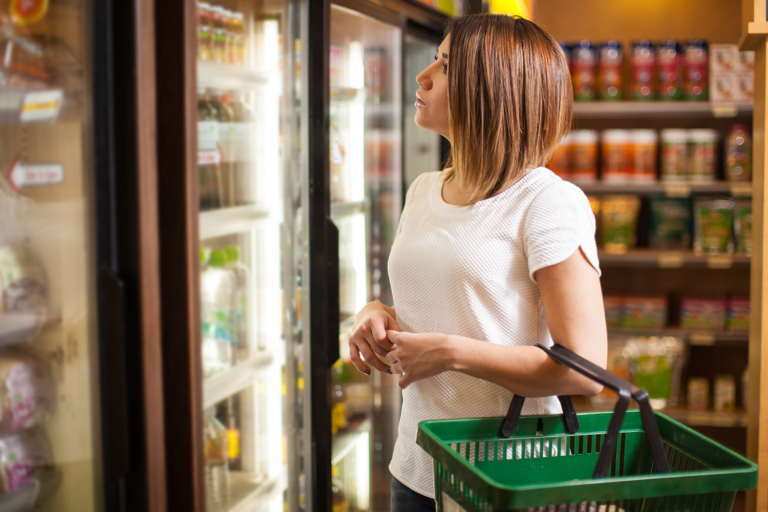
Some customers might only need to refuel, however, others will enjoy a snack and a coffee while waiting for their electric vehicle to recharge. Locals may use the store to restock their cupboards at home, while business people may use the rest area to work for a couple of hours or as a meeting place with colleagues.
As the customer experience becomes ever more complex, retailers will have to modify their infrastructure into modern, clean buildings with innovative interior designs, using environmentally friendly materials and smart technologies to create a pleasant atmosphere for people to enjoy.
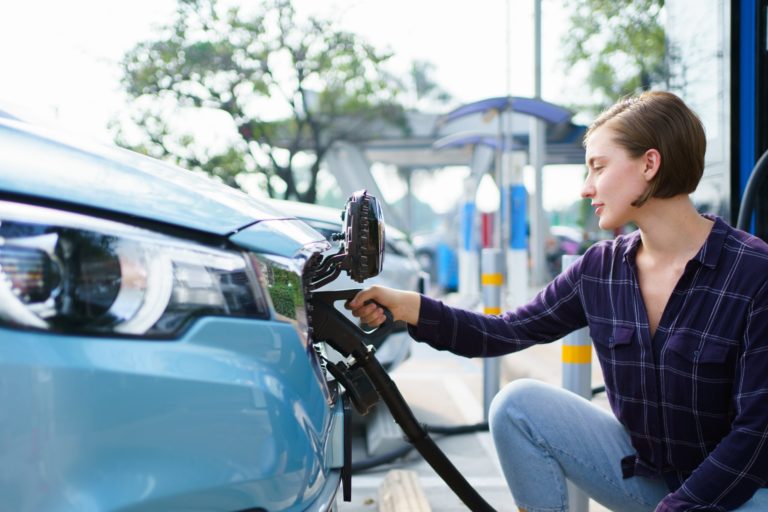
Retailers support the move to EV
Fuel retailers are in the best possible position to capitalise on the prevailing transition to EVs. The installation of charge points will attract today’s EV drivers to the site and retain those customers who are soon to make the switch from internal combustion engine (ICE) vehicles.
By installing EV charge points, retailers can play a significant role in strengthening the UK’s charge infrastructure, thereby encouraging the adoption of EVs and future-proofing their business.
Forecourt owners will need to revisit their business models and consider whether to enter the electric market independently or by partnering with third-party charge point operators (CPOs).
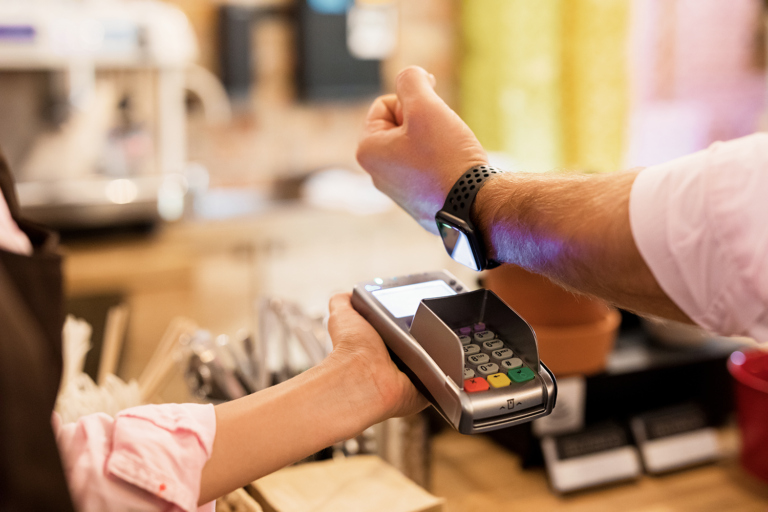
Payment made easy
Cashless transactions and digital payments have become more prevalent than ever in the retail sector. Customers expect to be able to pay for their fuel and goods via a whole variety of payment methods: Visa, Debit, Google Pay, fuel cards, Apple Pay, Mobile Apps, etc., either on their smartphone, in the store or at the pump.
One recent development that is proving very popular with motorists is the availability of digital receipts. While traditional paper receipts have long been a staple, the electronic receipt offers a variety of benefits that make it a game changer for the retail energy industry. Digital receipts revolutionise the transaction process at the point of sale (POS), making it faster, more efficient, and convenient for both customers and retailers. Receipts are delivered electronically, directly to the customer’s phone via a QR code scanned at the POS.
By opting for digital receipts, retailers can significantly reduce their paper usage and carbon footprint. This eco-friendly approach aligns with the growing consumer demand for sustainability, showcasing a retailer’s commitment to responsible business practices.
TSG is here to help
TSG UK Solutions is now established as a keen advocate of the transition to greener cleaner energies, working together with fuel retailers to transform their forecourts into eco-friendly operations.
TSG has long been recognised as a key player in the supply of retail fuel equipment and services, and as such has gained a wealth of experience in the sector. Now for many retailers, it is time for change and TSG is here to support them on their journey.

EV Charge Solutions
TSG has the expertise to provide a complete end-to-end turnkey EV charge solution, from site survey, design, consultancy and distribution network operator (DNO) connections.
With over 30 years of experience in the energy sector, TSG is now established as a first-choice EPC contractor in the UK, delivering all works within a predefined timescale and budget.
TSG suppliers EV charge points from reputable manufacturers such as Kempower, Alpitronic, Alfen and Power Electronics, all backed by a team of service engineers to maintain the chargers in tip-top condition.
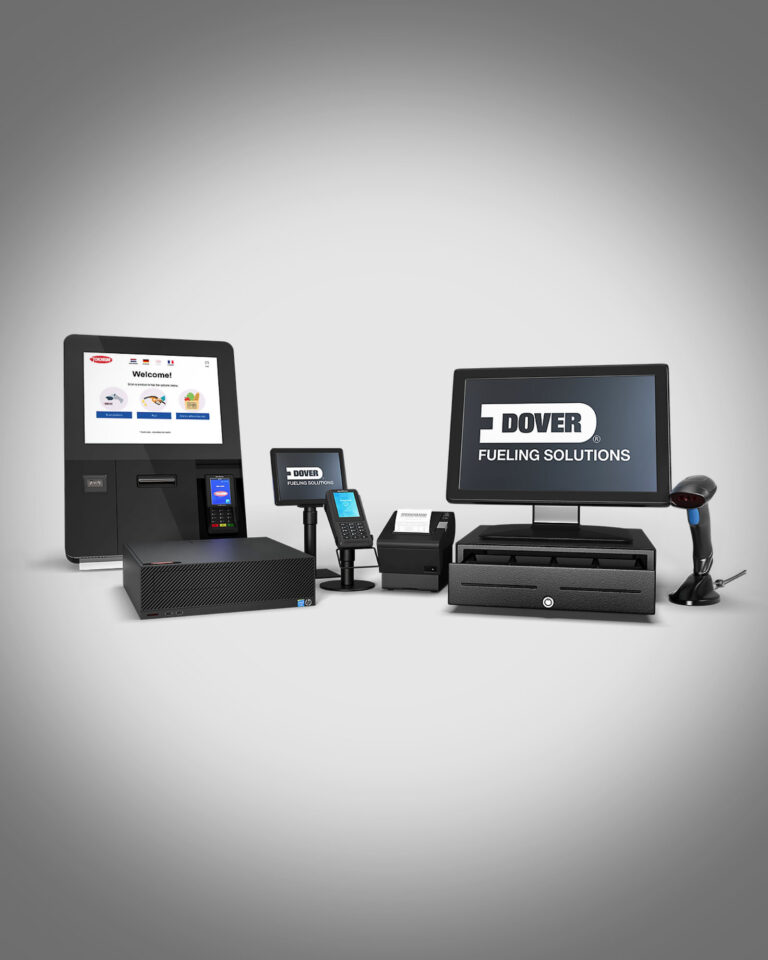
Digital Receipt Server
Available from TSG UK, the all-new digital receipt server for Prizma, developed by Dover Fueling Solutions, (also compatible with self-checkout and integrated dispenser terminals). This innovative new feature allows customers to choose a digital receipt rather than a paper one.
Once the transaction is complete, the cashier simply selects the ‘print digital receipt’ on Prizma’s screen. A quick response (QR) code appears on the sales display which the customer can scan to receive their digital receipt straight to their phone.
Similarly, for integrated payment devices or self-checkout, the customer selects the digital receipt option to generate the QR code for scanning.
Customer benefits
• Simple to use
• No time-consuming registration
• Receipts stored safely on their mobile phone
• Helps to protect the environment by saving paper
Retailer benefits
• Cost-effective solution
• Save money on paper
• Save time changing paper rolls
• Option of online access to all receipts
• Promote environmentally friendly practices
• Enhance the consumer experience
Helpdesk
The helpdesk (or digital receipt desk) is an optional feature that stores all of the transaction receipts for retrieval as required. The receipt desk is simple to use with an advanced search facility, to quickly and easily locate receipts to email to the customer.
Author: Cheryl Ashton


